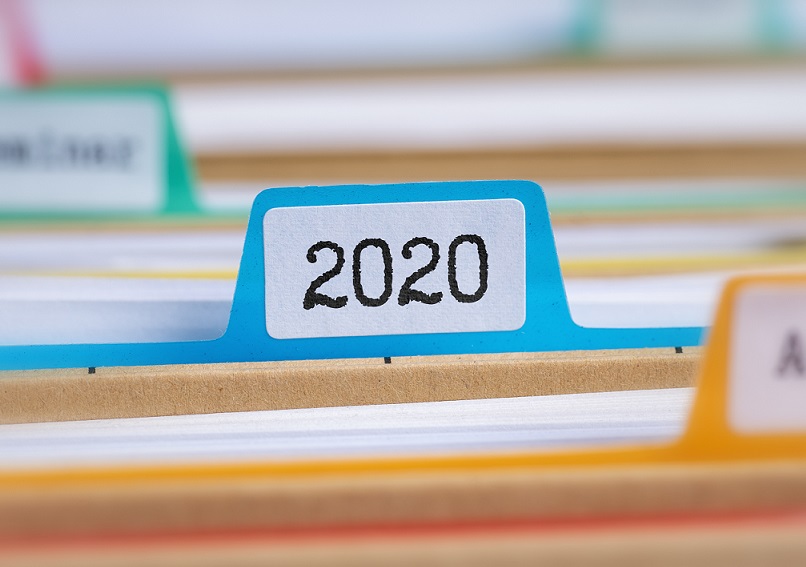Subscribe
In 2020, it’s important to give serious thought to how you sign and date legal documents.
It’s 2020. A new year. A new decade. It’s a time to set goals and gear up for the year ahead. But while you’re getting your ducks in a row, there’s one thing you need to do to protect your documents, your investments and your business from fraud. Write the year in full whenever you sign a document. It’s a simple measure, but one which could make a significant difference to your future.
Why does the year 2020 create a problem for legal documents?
In Australia, we’re accustomed to recording dates in abbreviated numerical form. For example, 25 March 2019 becomes 25/3/19.
It’s a long-standing and fairly effective system. But in the year 2020, we have an additional issue. Let’s consider the date 16 January 2020. If we were to abbreviate, it would become 16/1/20.
What’s the problem?
In an age where fraud is ever increasing, there’s a risk that if a document is dated with the year as 20 (rather than 2020), the year may be manipulated into a past or future date by adding two extra digits on the end. For example, 20 could become 2001 or 2021.
What’s the solution to the 2020 problem?
The solution to this problem is simple, yet highly effective. In 2020, when you record the date on a document, be sure to write out the last two digits of the year. For example, if you date a document as 16 January 2020, record the year in full, even if you use a numerical abbreviation: 16/1/2020.
What are the consequences if the year on a legal document is fraudulently changed?
Let’s say you dated a document 16/1/20. This simple abbreviation may leave you open to fraud, for example in the area of checks and debts.
Fraudsters may:
- Back-date documents and checks to the year 2019 or earlier
- Establish that a debt is overdue
- Establish that interest has accrued
Sorting out the issue may mean time-consuming and expensive legal action.
Of equally concern is the potential to change legal documents in statute of limitation actions. These actions must be commenced within a certain time. Once that time has passed, the opportunity is lost. When this happens, the action is statute-barred.
In statute of limitation actions, changing the date may allow an out-of-time legal action to continue, which could result in severe injustice to the party being forced to defend themselves against the action.
What can be done to prevent date fraud on legal documents?
When you sign any document, be sure to record the year in full. In other words, 2020. This is crucial for:
- Professional documents
- Notarised documents
- Legal documents such as contracts
You should not accept any documents in which the year has been abbreviated, especially legal documents.
We recommend that you get into the habit of recording 2020 in every document you sign, whether it’s your last will and testament, your child’s school permission slip, or a handwritten letter to your Great Aunt Maud.
A word of caution about North American dates
It’s also worth remembering that the United States uses numerical date abbreviations differently from Australians (and from most other countries in the world). Americans will use a month-day-year format, whereas we use day-month-year.
It’s especially important to remember this difference where there’s potential to confuse the month and day. For example, 5/3/16 would be 5 March 2016 in Australia, but 3 May 2016 in America. To avoid confusion, it’s best to write the date in full (for example 5 March 2016) when you’re signing any document that involves, or may involve, other countries.
2020: the year of living cautiously
2020 is an important time to exercise caution when you record the date on legal documents. Always write the year in full and think twice before you abbreviate any part of the date. A little of care may save you from significant legal headaches later on, especially when it comes to protecting your assets.
If you’re concerned about how you’ve signed or accepted legal documents, contact us to discuss your situation and to find out how we can help.
DISCLAIMER: We accept no responsibility for any action taken after reading this article. It is intended as a guide only and is not a substitute for the expert legal advice you can get from marshalls+dent+wilmoth and other relevant experts.
Subscribe




